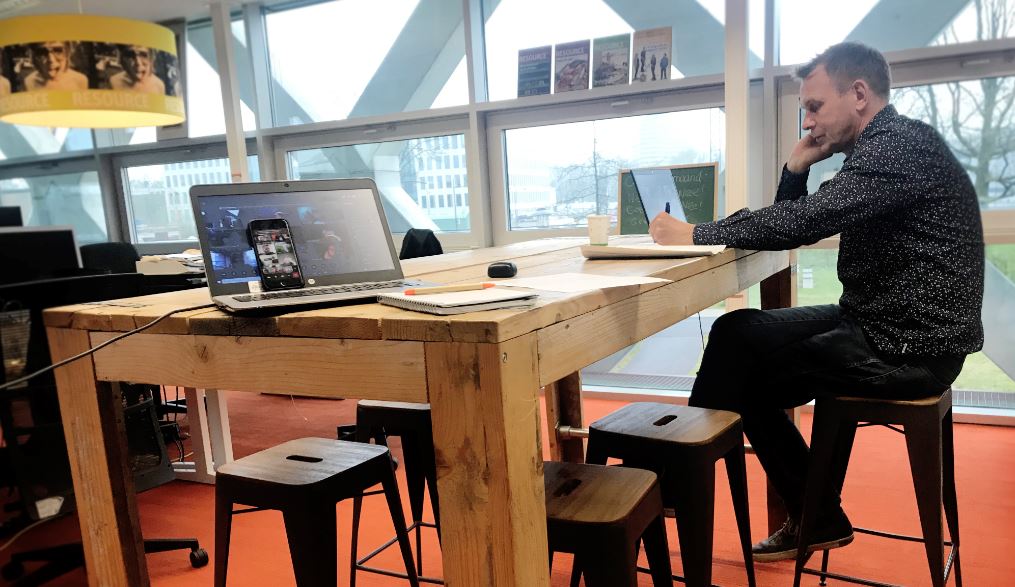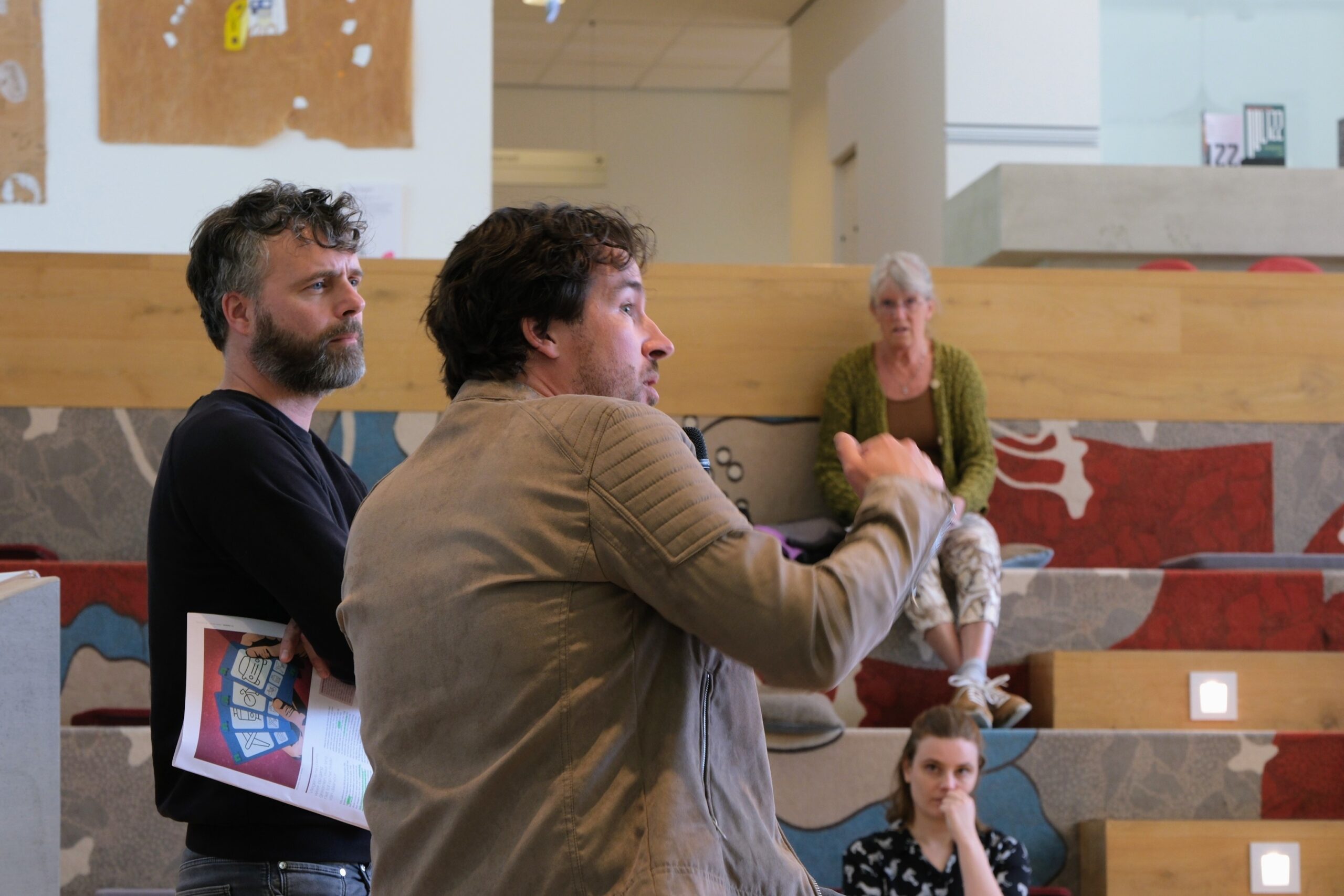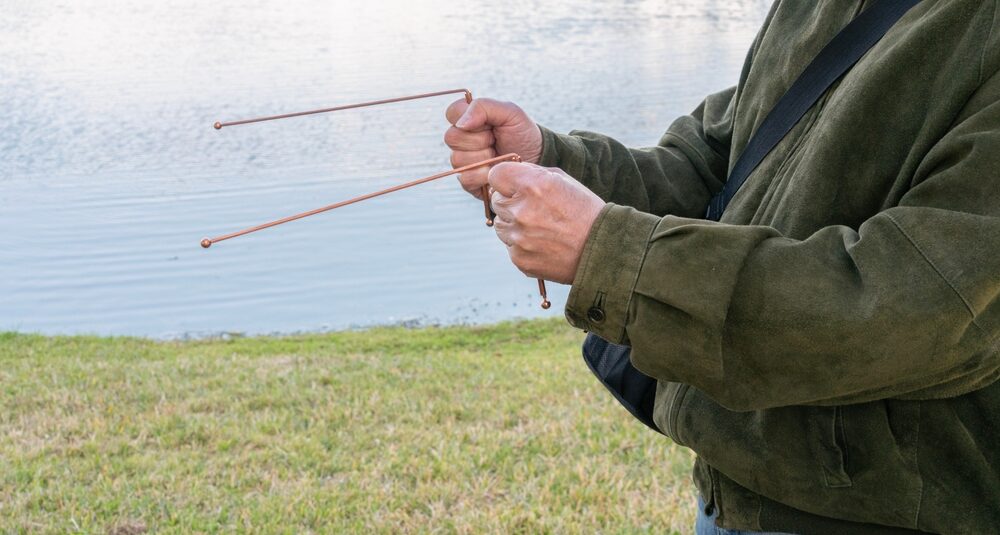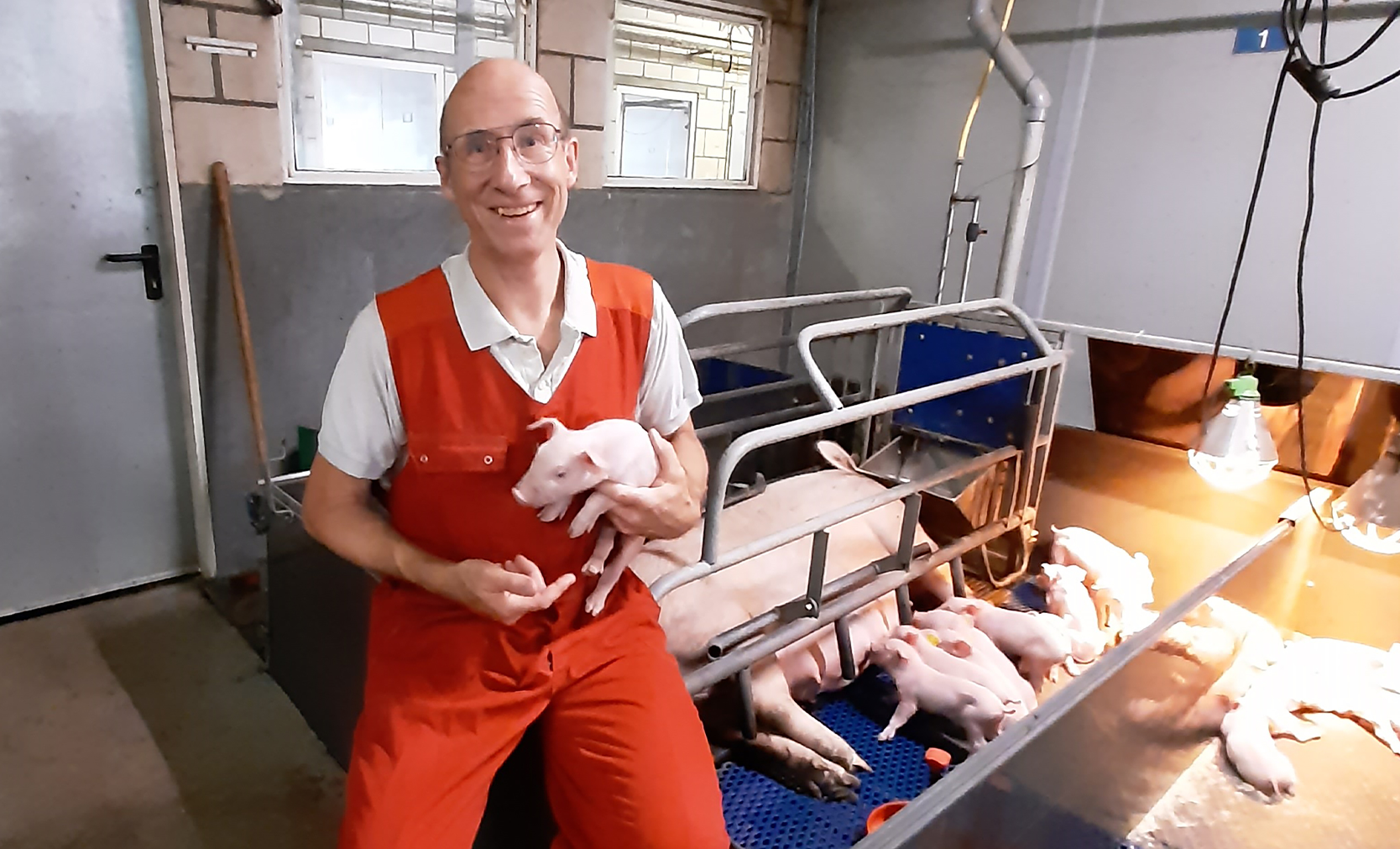The Netherlands shouldn’t get obsessed with the target of 25 per cent organic agriculture by 2030. This was one of the conclusions of the Resource debate on organic agriculture on 29 April.
There is more than one way to achieve sustainable agriculture that meets environmental and climate targets and restores biodiversity. The organic farming sector holds out inviting prospects with its production conditions and reward system for more sustainable farming practices.
The debate was inspired by a discussion that arose from a Resource article in which agro-ecological researcher Wijnand Sukkel called growth to 25 per cent organic agriculture unrealistic in present circumstances. Rogier Schulte, professor of Farming Systems Ecology, retorted that it is the duty of scientists to find ways of reaching sustainable targets. Schulte and Sukkel were the speakers at the debate, and Ilse Geijzendorffer, director of the Louis Bolk Institute, was invited to contribute too. More than 50 people attended the debate.
Change
Organic agriculture still has a way to go before it is fully sustainable, asserted speaker Wijnand Sukkel, an agro-ecologist at WUR’s Agroecology & Technology Fieldlab in Lelystad. Sukkel proposed what he calls Organic 3.0 as a means of achieving all the climate and biodiversity targets. Rogier Schulte, professor of Farming Systems Ecology at WUR, added that WUR should therefore come up with realistic proposals for how farmers can make that transition. ‘We in the Netherlands must stop piling loads of requirements on farmers’ plates. Instead, at WUR we must design ways in which they can become sustainable,’ says Schulte.
Don’t focus on prices too much. People will buy a Mercedes too. Food is emotion.
Alfred Grand
In the transition to climate-neutral agriculture, organic farming has a pioneering role to play because it already has a network of climate-and environment-conscious producers and consumers, argues Schulte. And Ilse Geijzendorffer, director of the Louis Bolk Institute shares the view that organic agriculture is one of options for making agriculture sustainable.
Price differences
To speed up the switch to organic food among Dutch consumers, the price differences between organic and regular food products need to go down, said Geijzendorffer and WUR economist Katja Logatcheva. That could be achieved through VAT regulations. It also helps if state organizations and schools drive up demand by routinely serving organic food, said Schulte.
Land prices
A thorny issue in the Netherlands is the high land prices that impede the transition to organic farming, because it has lower yields than conventional farming. By way of comparison: in Austria, many farmers have switched to organic farming on marginal land where the yields were already low. But that only partially explains the big market share of organic food in Austria, said the Austrian farmer Alfred Grand. Another driver in Austria is the way supermarkets there invest in selling organic food. ‘Don’t focus too much on the price,’ suggested Grand. ‘People will buy a Mercedes too. Food is emotion.’

 Editor and debate chair Albert Sikkema in the Resource newsroom during the debate.
Editor and debate chair Albert Sikkema in the Resource newsroom during the debate. 

